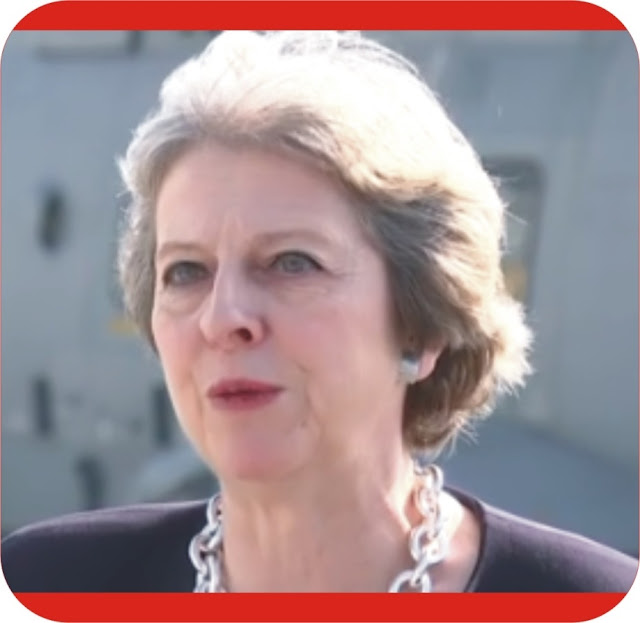With current development emanating from various government quarters
it is becoming clearer each day that neither the PM nor other leave campaigners
are wanting a hard Brexit that will destroy the UK economy, as the British
people never voted leave to be worse off in their daily standard of living.
Thus, Theresa May has said to stay away from vulnerability
there will be no "cliff edge" as Britain arranges its exit from the
European Union.
The Prime Minister said she was obvious that business needed
an organized Brexit, as set out by Chancellor Philip Hammond on Monday.
Hammond said there was a developing perspective that the
two-year time period after Article 50 is activated may not be sufficiently long
to come to an "unmistakable and firm end state".
Inquired as to whether she concurred there was a requirement
for a transitional arrangement, she said: "We are clear that businesses
want to avoid disruption, no cliff edge, and we are working on that as part of
our negotiations."
Her announcement came as Labour cautioned Mrs May of a House
of Commons fight on the off chance that she tries to compel through a
"hard" Brexit.
The shadow Brexit Secretary Sir Keir Starmer says Labour
will battle any arrangement which "tears us apart from our EU partners".
Rather he is requiring another and solid relationship with
the other 27 nations inside the EU.
Sir Keir says there will be no "unlimited free
pass" for Mrs May if the Supreme Court affirms the decision that MPs must
be given a say before the activating of Article 50, which will formally begin
the UK exit.
Labour, he says, will attempt to correct enactment unless
Mrs May produces what he called an "meaningful plan".
In a noteworthy discourse in London, Sir Keir set out his
objective of making employments, the economy and expectations for everyday
comforts Labour's need in the "skirmish of our time".
He also used the moment to blamed Mrs May for neglecting to
join a nation which has been profoundly split by the Brexit vote.
"As we stand on the brink of profound change, it is
clear that there are two versions of our future that could be negotiated,"
he said.
"The first is a future that tears us apart from our EU
partners. Out of the single market. Out of the customs union.
"A global race to the bottom which would not only put
our economy and jobs at risk, but which would also abandon our shared
scientific, educational and cultural endeavours with the EU. A so-called 'hard'
Brexit."
Furthermore, he stated that the second form of the future
includes "a new and strong relationship with our EU partners based on the
principles of co-operation, collaboration and mutual benefit."
The discourse moves the concentration from restriction to
the Brexit result itself to resistance to a "hard" Brexit.
A Conservative representative hit back, saying Labour was
hoping to "tie the Government's hands" with talk of second
referendums behind closed doors - but that in truth Labour "just don't
believe Britain can thrive outside the EU".
In the interim, the European Parliament's top Brexit
mediator, Guy Verhofstadt, says the UK vote to leave the EU added to an extremely
troublesome year for the EU - and approached the European Council to concoct
solid conclusions in transit forward.












No comments:
Write comments